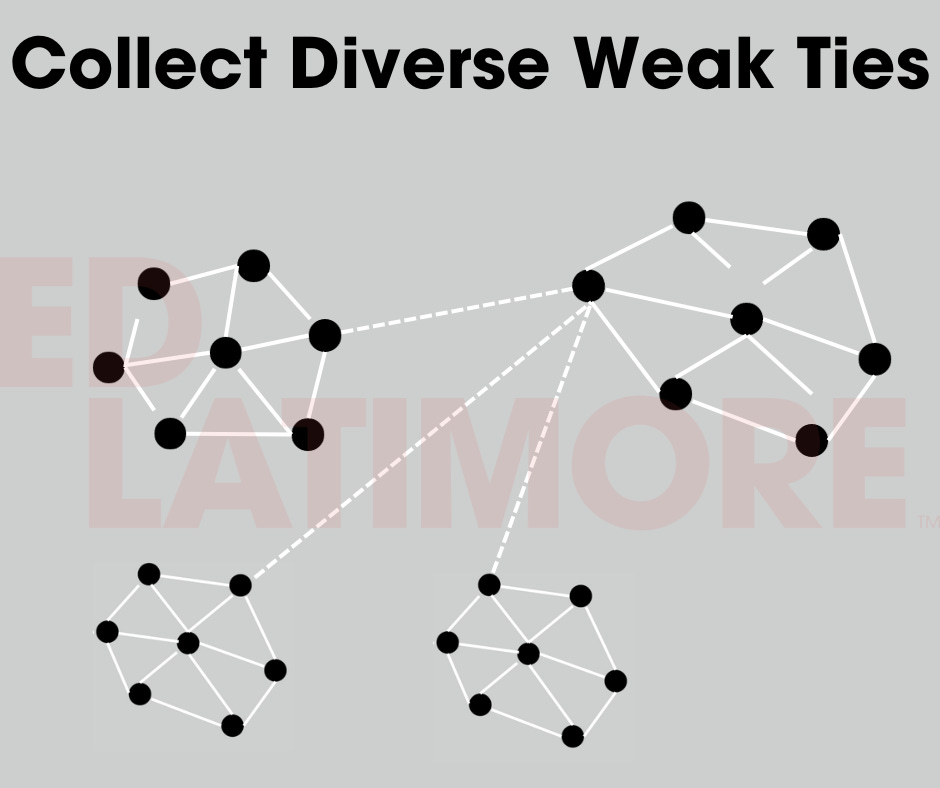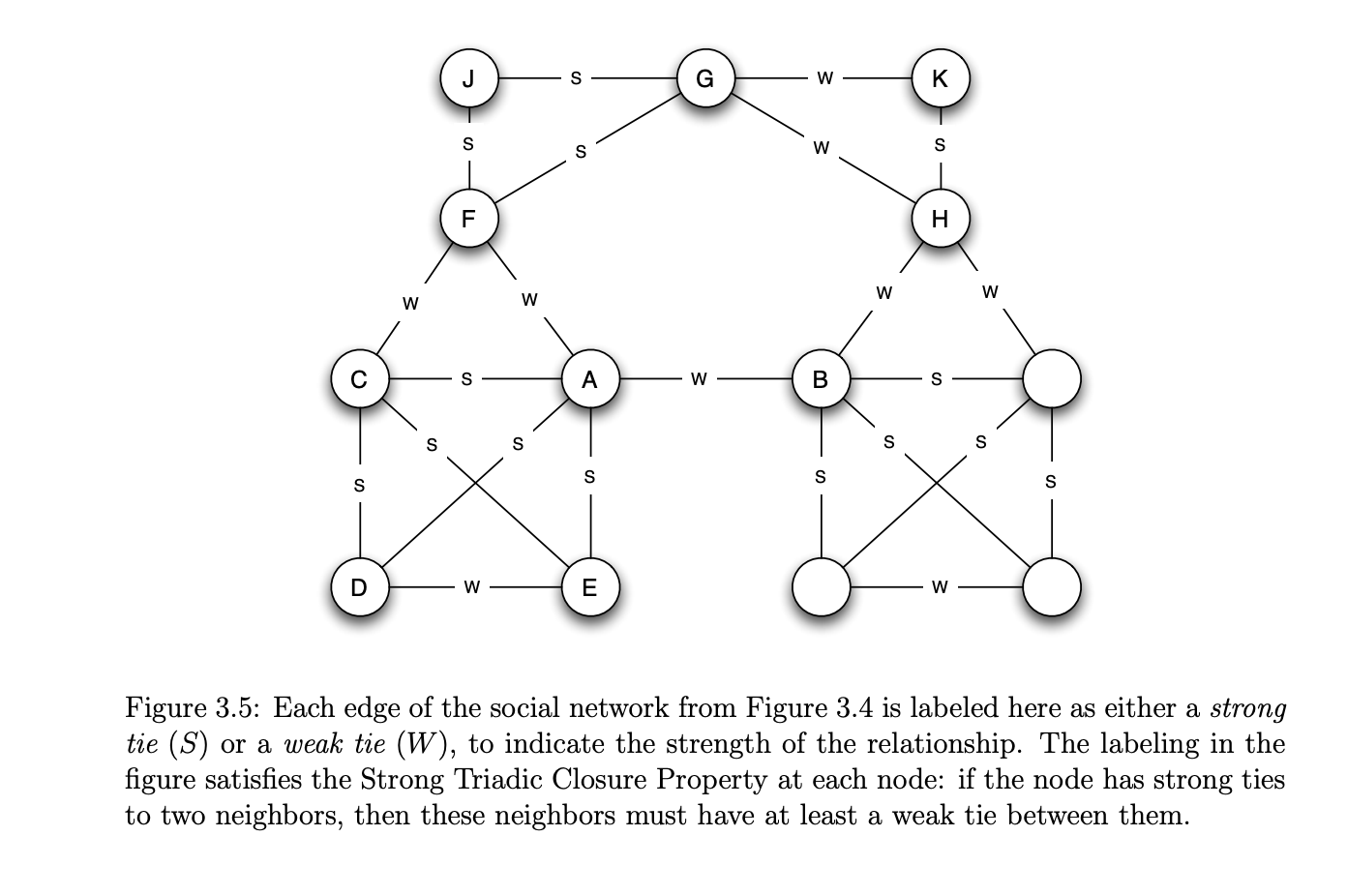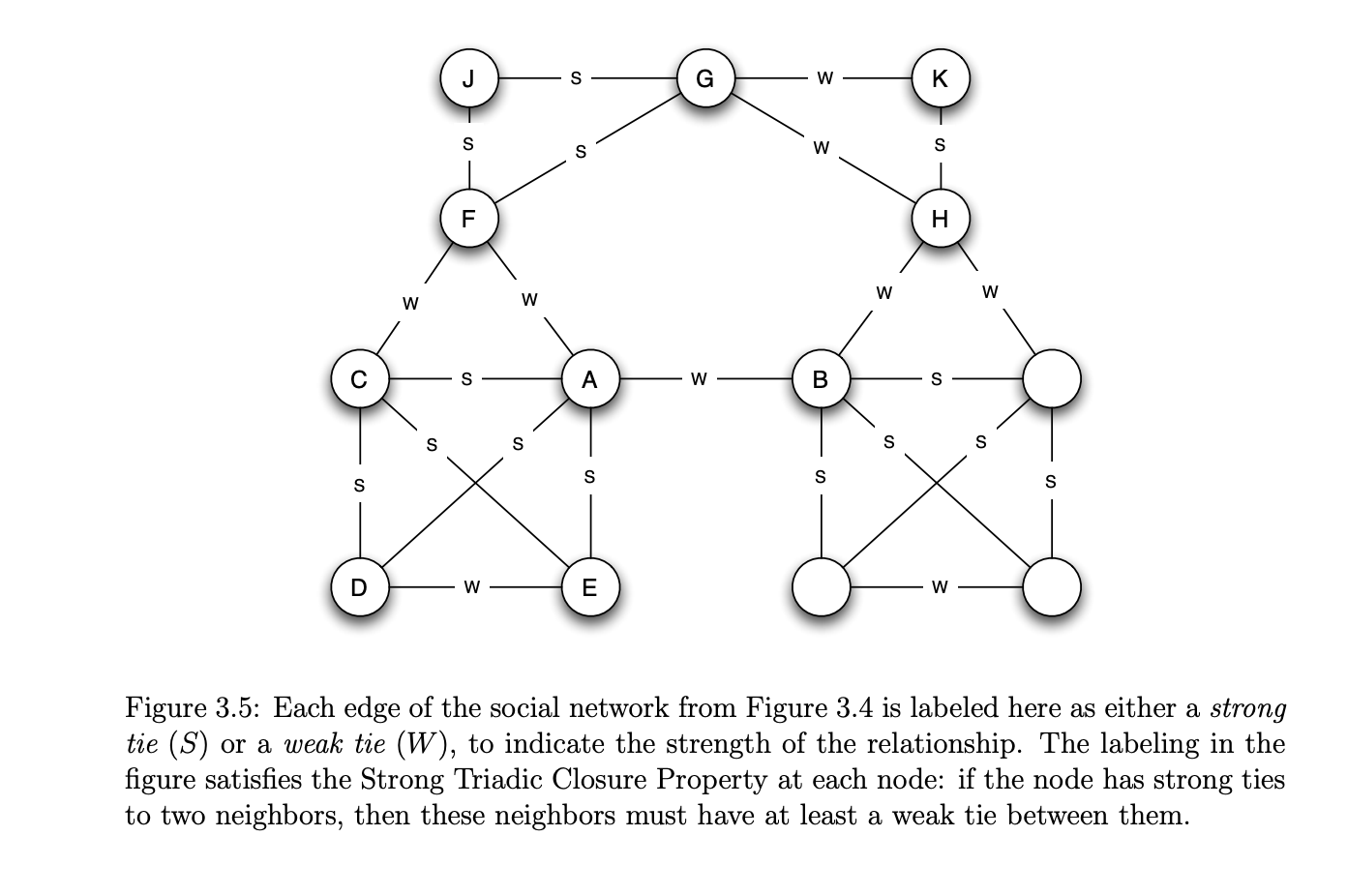In the vast web of our relationships, it’s easy to focus on the strong connections—family, close friends, trusted colleagues. But what if the people we barely know, those fleeting connections and half-remembered acquaintances, hold far more influence over our lives than we realize? These are what sociologists call weak ties, and they’re not just social footnotes—they’re bridges to opportunities, knowledge, and growth.
At Remin.site, where we preserve memories, ideas, and human legacies, we understand that it’s often the unexpected connections—the almost-forgotten classmates, the friendly neighbor, the barista who knows your name—who help us shape the stories we leave behind. But modern life is changing, and with it, these vital ties are fading away.
What Are Weak Ties?
Weak ties are the looser, less-intimate connections in our social network. They’re the people we may not speak to daily—or even monthly—but they are still part of our extended human web. Think of your former coworker, your college roommate’s friend, or that person you always see at the gym.
Mark Granovetter, a sociologist at Stanford, first coined the term in his groundbreaking 1973 paper, “The Strength of Weak Ties”. He argued that these connections are more important than close friends when it comes to spreading ideas, job opportunities, and even social influence.
Weak Ties vs. Strong Ties: Key Differences
To understand their power, let’s compare weak and strong ties:
- Strong Ties: Close relationships—family, best friends, intimate partners. These ties offer emotional support and a safe harbor.
- Weak Ties: Acquaintances, distant colleagues, occasional collaborators. These ties bring new information and access to different social circles.

Why Weak Ties Are So Valuable
So, why should you care about those LinkedIn connections you never message? Or the parent you used to chat with during school drop-offs? Because these weak ties are powerful tools for growth, discovery, and even legacy-building.
Access to Diverse Information
Weak ties operate in circles we don’t frequent. This means they can introduce us to ideas, events, or opportunities our close friends are unaware of. Studies have shown that innovation, creativity, and progress often come from exposure to diverse networks, not insular communities.
“The best ideas don’t come from deep within your own network—they come from the edges.”
— Harvard Business Review
Career Opportunities Through Loose Connections
According to Harvard Business Review, 83% of people find their job through a weak tie. Why? Because your close circle already knows the same information you do. Weak ties bring new opportunities.

Building Broader Social Capital
Weak ties create bridges between social clusters. By nurturing these connections, we develop a web of social capital that spans across geography, profession, and background—making our human experience richer and more interconnected. This isn’t just about networking. It’s about legacy. Who you’ve touched. Who remembers you. Who tells your story after you’re gone.
How Modern Life Is Weakening Our Weak Ties
Unfortunately, the very technologies meant to keep us connected are pushing us further into echo chambers and silos. We’re trading casual connection for curated content, and in doing so, we’re losing something irreplaceable.
The Impact of Remote Work and Digital Communication
Remote work has its advantages, but it’s also removed the spontaneous social glue of the workplace—those elevator chats, lunch table debates, hallway hellos. According to The Atlantic, remote work has led to the decline of casual work friendships, many of which are weak ties that enrich our professional and personal lives.
“Without physical proximity, the chances for spontaneous interactions dwindle.”
— The Atlantic
The Decline of Casual Public Spaces
Public third spaces like libraries, cafes, gyms, and community centers are vanishing or being digitized. These spaces once allowed for chance encounters and casual friendships to flourish. Without them, our relational ecosystem becomes sterile and predictable.
Algorithms and the Echo Chamber Effect
Social media algorithms are designed to show us what we already like. This reinforces strong ties and silences unfamiliar voices. We stop seeing people we haven’t interacted with recently. Slowly, our networks shrink—not in numbers, but in diversity and depth.

Rebuilding and Nurturing Weak Ties in a Digital Age
But all is not lost. You can choose to fight this quiet erosion. In the next half of this article, we’ll show you how to rebuild your weak ties—with intention, authenticity, and care.
Because at Remin.site, we believe your impact doesn’t end with your closest circle. The way you touch others—however lightly—can ripple across generations.

Join Communities and Interest-Based Groups
One of the simplest ways to rekindle weak ties is by immersing yourself in interest-based communities. Whether it’s a local book club, a hobby group, or a professional circle on LinkedIn, shared interests create effortless social bridges. These environments allow weak ties to form organically, without the pressure of deep intimacy.
Consider joining platforms like Meetup or specialized Discord groups where passions, not proximity, are the glue. These platforms revive casual yet impactful interactions that we’ve lost to remote work and algorithmic feeds.
Reconnect with Old Acquaintances
It may feel awkward to message someone you haven’t spoken to in years, but the results can be surprising. A simple “Hey, I was thinking about you” can reignite a dormant connection. These people once mattered in your life—and they still can.
Use platforms like LinkedIn or Facebook not just to scroll, but to reconnect intentionally. Reach out to a former mentor, an old colleague, or that friend from a past class. These efforts do more than rebuild your network—they reaffirm your legacy of kindness and presence.
Attend Networking Events (Virtual and Physical)
Events are fertile ground for weak ties. Whether in-person or virtual, networking gatherings, community forums, and creative workshops can help you encounter new voices and perspectives. Don’t focus on the number of business cards you collect—focus on the genuine conversations you start.
At Remin.site, we encourage meaningful connections as part of your living legacy. Each weak tie you nurture becomes another thread in the tapestry of your life story, a story that deserves to be passed on and remembered.
Expert Insights on the Power of Weak Ties
Granovetter’s Theory of Weak Ties
Granovetter’s landmark theory, “The Strength of Weak Ties”, revealed that weak ties are not just social fluff. They’re essential conduits of new ideas and novel resources. Strong ties offer emotional safety, but weak ties offer mobility, innovation, and social reach.
His research still influences how we design social platforms, manage teams, and understand human behavior in organizations. In short, weak ties drive progress.
Real-World Examples: Career, Academia, and Innovation
Weak ties have opened doors in nearly every field:
- Career: A casual acquaintance refers you for a job you hadn’t even seen posted.
- Academia: Cross-institution collaborations often begin through loose professional ties.
- Innovation: Multidisciplinary ideas thrive when people from distant fields collide—often through weak ties.
A MIT Sloan Review article emphasizes that weak ties are particularly powerful in sparking innovation. People in different fields bring different mental models, and it’s those accidental overlaps that generate the “aha!” moments.
Conclusion: Embracing the Power of Weak Ties
In our quest for deeper meaning, we often overlook the people on the periphery of our lives. Yet, those individuals—the ones we once worked with, briefly met, or randomly befriended—can offer the most surprising gifts. They shape not only our opportunities but our stories, memories, and legacies.
As Remin.site reminds us: “Death is not the end, it is the beginning.” Your weak ties may not sit at your bedside, but they might carry forward your ideas, retell your story, or pass on something you once said. That, too, is remembrance.
Take one small step today:
- Send a message to a distant connection.
- Join an online community.
- Attend an event just to meet new people.
Because the beauty of weak ties lies not in how loud they echo, but in how far they travel.
FAQs
What are weak ties in sociology?
Weak ties are social connections that are not as close or emotionally intense as strong ties like close friends or family. They are acquaintances, distant colleagues, or people you interact with occasionally.
Why are weak ties important for my legacy?
Weak ties help spread your ideas, values, and memories across different communities. They contribute to how you are remembered beyond your immediate circle, creating a richer personal legacy.
How can I maintain weak ties without feeling awkward?
Start small: comment on a post, share an article, or send a light message. Consistency and sincerity matter more than depth. Weak ties thrive on low-maintenance engagement.
Can weak ties help me professionally?
Yes. Many job referrals, project opportunities, and business partnerships originate from weak ties who exist outside your usual sphere of information and access.
How does Remin.site support connection and memory?
Remin.site helps you store, preserve, and share your stories, memories, and digital legacy—ensuring that even the weakest of ties can remember you and be touched by your life long after you’re gone.
